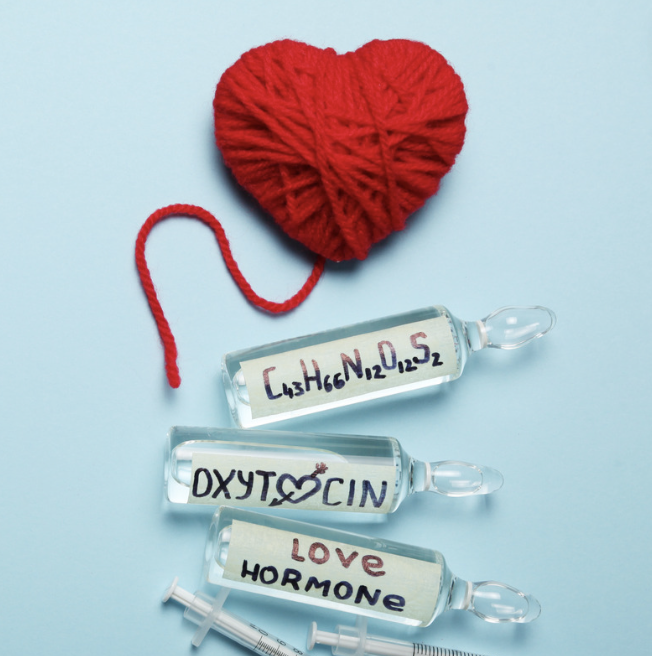

Rightly so- you may have gotten this far without support from a complete stranger, right?! A common misconception of a doula is that they replace the role of the birth partner when actually, the main aim is to make the birthing team even stronger by empowering with knowledge, advocating and providing guidance if needed.
To give you a brief background, doulas have been around for centuries, but are becoming a popular addition to parents’ birth teams in our modern day world. Traditionally, mothers, aunts, sisters, even neighbours would be around to support a new family during and after baby’s birth. But in recent years that community dynamic has changed dramatically. Our health system is more stretched than ever and doulas are providing more families with emotional and practical support everyday.
It was in 1973 that the term “doula” became an official ‘job’ description- it’s a shame they didn’t pick a name that was a bit more self explanatory!! The word doula comes from ancient Greece and means female slave (hmmm). In this context, it’s someone who supports before, during and after childbirth.
A 2013 Cochrane study found that the presence of a doula during pregnancy and childbirth resulted in a wide range of positive outcomes, including reduced chance of unplanned caesarean or assisted birth, reduced need for medicalised pain relief or epidural during birth, shorter labour, increased parental satisfaction with the birth experience and increased likelihood of initiating breastfeeding.
So what can you, the birth partner, expect from a doula?


Head to this article to help you choose the right doula for you.
We are here for you every step of the way with our online PregnaHub® subscription and award-winning Mindful Natal® courses:

Dr Kirsten Small has distilled an important piece of research on her 'Birth Small Talk' blog today. But what does it mean for someone who is about to give birth?

Are you thinking about using water during your labour and/or birth? Here is everything you need to know, along with some commonly asked questions.

It's never been more important to use evidence-based information to make decisions and feel supported in what you feel is best for yourself and baby.
Instagram is where we share free Mindful Birth
related content straight to your feed.